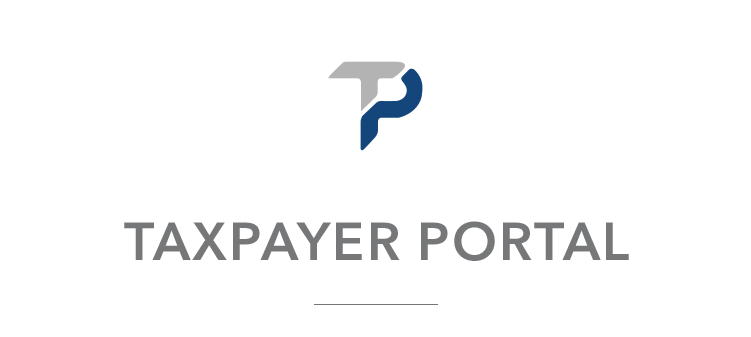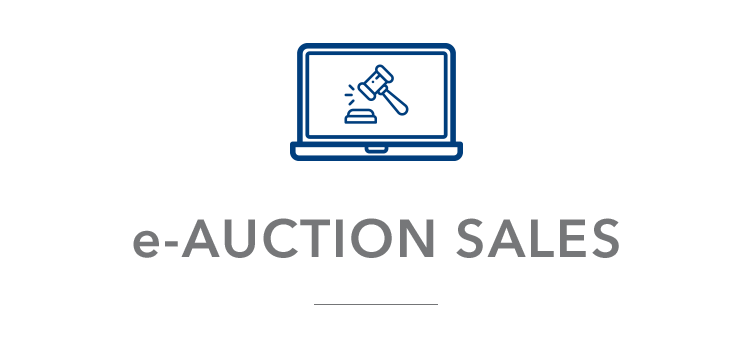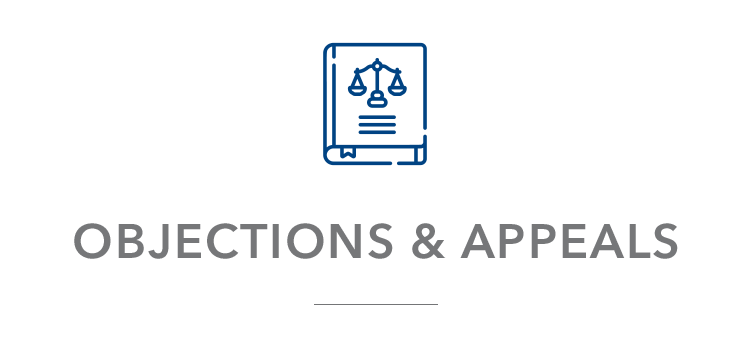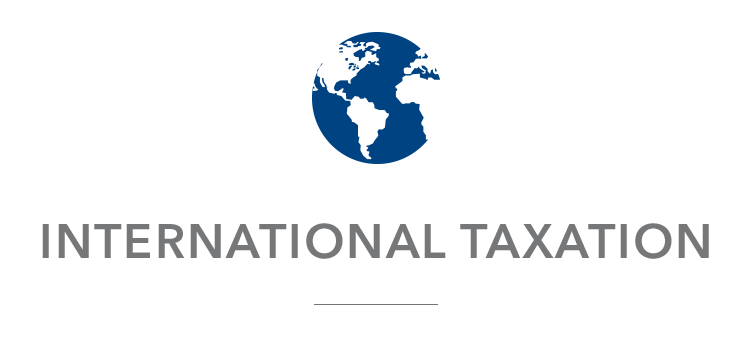Exporting Tips
-
All export entries must be lodged electronically and prior to goods being loaded for export (aircraft or ship).
-
Export clearances must be obtained from customs prior to loading for export.
-
Customs may require the examination of any export. For this reason exporters are required to start the procedures for export at the earliest possible so as to avoid delays whenever customs need to verify the goods.
-
Exporters having claimed drawback should inform Customs whenever goods are not exported on scheduled time.
-
We recommend that all exporters lodge their electronic export entry or other declaration as soon as they have all information.
Note: "Information can move ahead of the goods"
Customs Role in Exportation
We facilitate legitimate trade and help secure access for Mauritian exports to overseas markets.
We do this by:
- assuring the security of Mauritius’ trade supply chains
- providing technical input to trade negotiations, resolution of trade issues
- implementing, monitoring and enforcing border aspects of trade agreements.
MRA Customs recognises the importance of keeping trade flowing and ensure security. In this context, we are working on various projects designed to ensure the security and fluidity of the supply chain which is also in line with the recommendation of the Word Customs Organization's Framework of Standards to Secure and Facilitate Global Trade. Among these projects are the Container Security Initiative and the Cargo Community System.
The aim behind such projects is to abide to international norms and also to reduce red-tapism and risks of delays for Mauritian exporters. In addition to that, local exporters may gain international recognisance as the fluidity and security concepts are the dominating issues in international trade. Adherence to such standards will ease the access to markets and will also facilitate the procedures during crises. For example, in case of an international alert (terrorism, smuggling, etc), Mauritian exports will be cleared easily as these goods are recognised as being safe, thus guaranteeing a safe and on time arrival to destination.
Drawbacks
Drawback is the Customs procedure which provides for the refund of duty when goods are re-exported.
Eligibility
Any person can legally claim drawback if they can provide and substantiate the required information. Drawback applies to:
-
goods that were subject to duty and excise duty on importation and are exported under the appropriate CPC Code
-
goods for export produced in Mauritius and the production includes the use of imported raw materials (customs may require certification from the Mauritius Standards Bureau or any other recognised institution relating to the content of imported raw material in the final product)
Application for Drawback
Any person making a claim for drawback shall do so in writing and shall produce the export bill of entry, a copy of the import bill of entry and the invoice related to the goods. In addition to that, there are other conditions that should be satisfied. These are:
-
the application should be made within six months from the time of import
-
the F.O.B value at the time of export should exceed the C.I.F value at import
-
the claim for drawback should be made within three months from the date of entry for export of the goods
-
the claim for drawback should show clearly how the amount claimed has been arrived at
-
the claim should exceed Rs. 500 (several claims may be considered if the aggregated sum exceeds Rs. 5000).
The payment of the claim will be made only when the goods have been cleared by the proper export officer.
No drawback will be allowed if:
-
upon examination the goods do not correspond to the description in the export bill of entry
-
the goods upon which drawback has been allowed has not been shipped and customs not informed accordingly
The two cases mentioned above constitute customs offences which are liable to a fine (according to the value of the goods) upon conviction.
Customs Verification
Physical examination of goods to be exported is required in the following cases:
-
Temporary Export of Goods (Repairs, Exhibition & ATA Carnet)
-
Goods Suspected to be prohibited and/or restricted according to Customs Laws
Temporary Export of Goods(Repairs, Exhibition & ATA Carnet)
Goods sent for repairs, exhibition, and on Temporary Admission will be re-imported to Mauritius free of duty and VAT (except for repairs where the cost of repairs is subject to duty and/or VAT). For this reason verification is needed at the time of export to ensure that the exported goods are not altered or substituted at time of re-importation. Any alteration or substitution should be declared to customs.
Goods Exported under Drawbacks
Goods under drawback are also examined for the same reason as mentioned above. The goods are examined according to their previous import declaration to ensure whether the same goods are being shipped. If it is found that the goods have been substituted/altered the claim for drawback will not be allowed.
Goods Imported under Bank Guarantee(Security), Deposit and ATA Carnet and thereafter being re-exported
Here also customs must examine the consignment to ascertain that the same imported goods are being re-exported because no duty and VAT have been paid upon at time of importation. If there is any substitution/alteration has been made without the consent of Customs, the Deposit/Guarantee may be forfeited/realised and a fine imposed.
Goods Suspected to be prohibited and/or restricted according to Customs Laws
Some goods are prohibited or controlled for export. Customs may examine a consignment if there is any suspicion that the content is of prohibited or restricted nature. Please consult the list of prohibited/restricted exports for more information.
Goods Suspected to involve fraudulent activities (Money Laundering, Conterfeits , Terrorism Financing etc.)
Customs may require the verification of goods suspected to be proceeds of money laundering, terrorism, drug trafficking etc. In addition to that, customs lays much emphasis on counterfeits products which are suspected to infringe Intellectual Property Rights (IPR).
In case of goods suspected to be proceeds of Money Laundering/ Terrorist Financing, an investigation is carried out prior to referral to competent authorities such as the ICAC and/or the Police Counter Terrorism Unit, as the case may be, for further investigation.
In case of goods suspected to be proceeds of Money Laundering/ Terrorist Financing, an investigation is carried out prior to referral to competent authorities such as the ICAC and/or the Police Counter Terrorism Unit, as the case may be, for further investigation.
Prohibited & Controlled Exports
Customs enforces control on goods meant for export. There are export prohibitions and restrictions on some particular types of goods. The reasons behind the restriction or prohibition are as follows:
- quality checking and control (to keep the quality standards of local products)
- conservation purposes for endangered species (CITES-listed flora and fauna)
- the enforcement of provisions in various conventions (Rotterdam convention on hazardous chemicals, Cartagena Protocol on Biosafety, Basel convention on hazardous wastes etc.)
- the control of the export of local artefacts that have national, scientific or artistic importance
- the protection of the environment (ozone layer)
- health and security purposes
- instructions received from international organisations, for example United Nation, World Health Organisation, etc.
- local legislation which restricts the export of a particular product (e.g. scrap metal)
- fight against international money laundering
Control over exportation of goods
Goods destined for export may be subject to the requirement for a third party agency approval to export, for example, export permit from the Ministry of Industry, Commerce and Consumer Protection.
Customs shall allow the exportation of any controlled goods only after the appropriate clearance/authorization/permit has been received from the concerned third party agency.
Controlled and Prohibited goods at exportation are as below:
-
LIST OF CONTROLLED EXPORTS REQUIRING AN EXPORT PERMIT FROM THE MINISTRY OF INDUSTRY, COMMERCE AND CONSUMER PROTECTION
- Rice;
- Wheat or Meslin flour;
- Sand;
- Limestone;
- Cement;
- Textile and textile-articles for export to USA and Canada; and
- Rough Diamond
-
LIST OF CONTROLLED EXPORTS REQUIRING A CLEARANCE FROM A THIRD PARTY AGENCY
- Live animals (all species including birds)
- Meat , meat products and edible meat offal of bovine animals, swine, sheep, goats, horses, asses, mules or hinnies ( fresh , chilled, frozen)
- Other prepared or preserved meat, meat offal or blood
- Vegetables (fresh and dried) & certain roots and tubers
- Sugar (excluding samples) exceeding 10 Kg
- Organs (animals)
- Bird’s feathers
- Textile garments for men / boy, women / girl and babies for export to the Islamic Republic of Pakistan Pharmaceutical products
- Fish and , fish products & crustaceans, mollusc and other aquatic invertebrates; any live fish: coral or shell, whether live or dead; by-catch fish
- Dangerous Chemicals, Pesticides & extremely Dangerous Chemicals
- Used Vehicles
- Tea & tea products (none medicinal
- Tobacco & tobacco Product
- Plant & plant product
- Dry whole onions, Fresh whole Garlic, Fresh whole potatoes, Garlic seeds, Onion seeds, Potato seeds
- Groundnuts
- Arms and ammunitions
- Dangerous drug
- Endangered fauna/flora spices as cited in the CITES appendices
- Bank Notes > Rs 500,000
- Copy Rights (CDs & DVDs
- Hazardous wastes as per Environment Protection Reg 2001
- Pharmaceuticals Products
- Products containing radioactive elements
- Used batteries
- Scrap metals (except for a person who is engaged in a manufacturing business which generates scrap metal as a by-product may export that by-product)
- Alcohol (No person shall export alcohol except with the written authorization of the Director-General and subject to the terms and conditions specified in the authorization)
-
PROHIBITED GOODS FOR EXPORTS
- National Heritage
No person shall export or cause to export a National Heritage, that is goods designated in Section 12 and specified in the Schedule of the National Heritage Fund Act 2003 without the prior approval of the National Heritage Fund Board.
- Copper Exported as Scrap
- Refined copper and copper alloys, unwrought classified under H.S Heading 7403 exported as scrap
- Copper waste and scrap classified under H.S Heading 7404
- National Heritage























